We are committed
There is no
Ocean B
The oceans are the lungs of the earth, covering three-quarters of its surface
And generating half the oxygen that is breathed.
Today they undergo a triple threat :
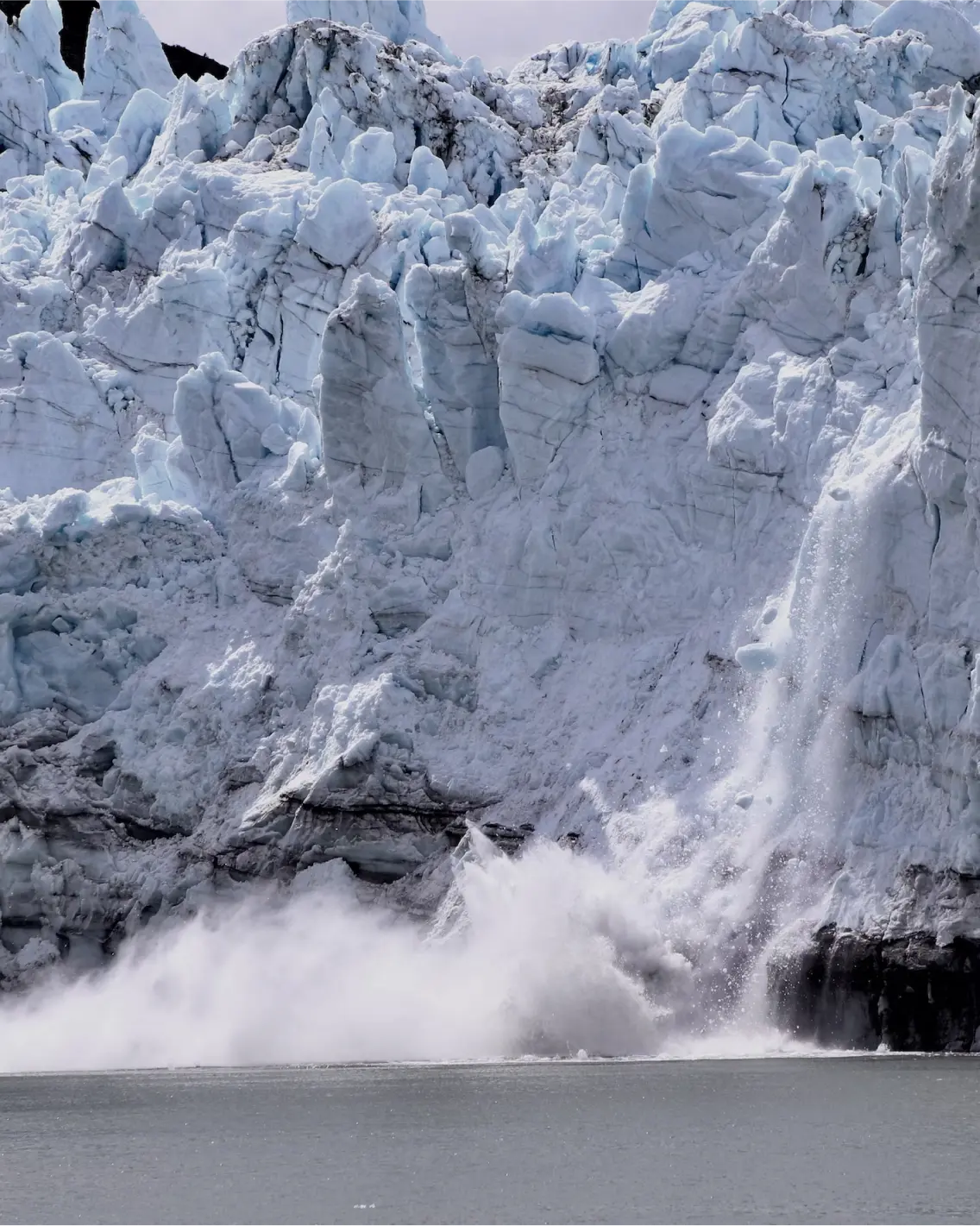
They absorb 90% of the excess heat due to our greenhouse gas emissions, which leads to an increase in temperature and acidity of water, strongly disturbing marine ecosystems and biodiversity.
Each year, millions of tonnes of plastics end in the oceans. Industrial, agricultural and urban spills also introduce toxic substances into the waters that kill marine life when they do not fit into organisms to invite themselves directly into our plates.
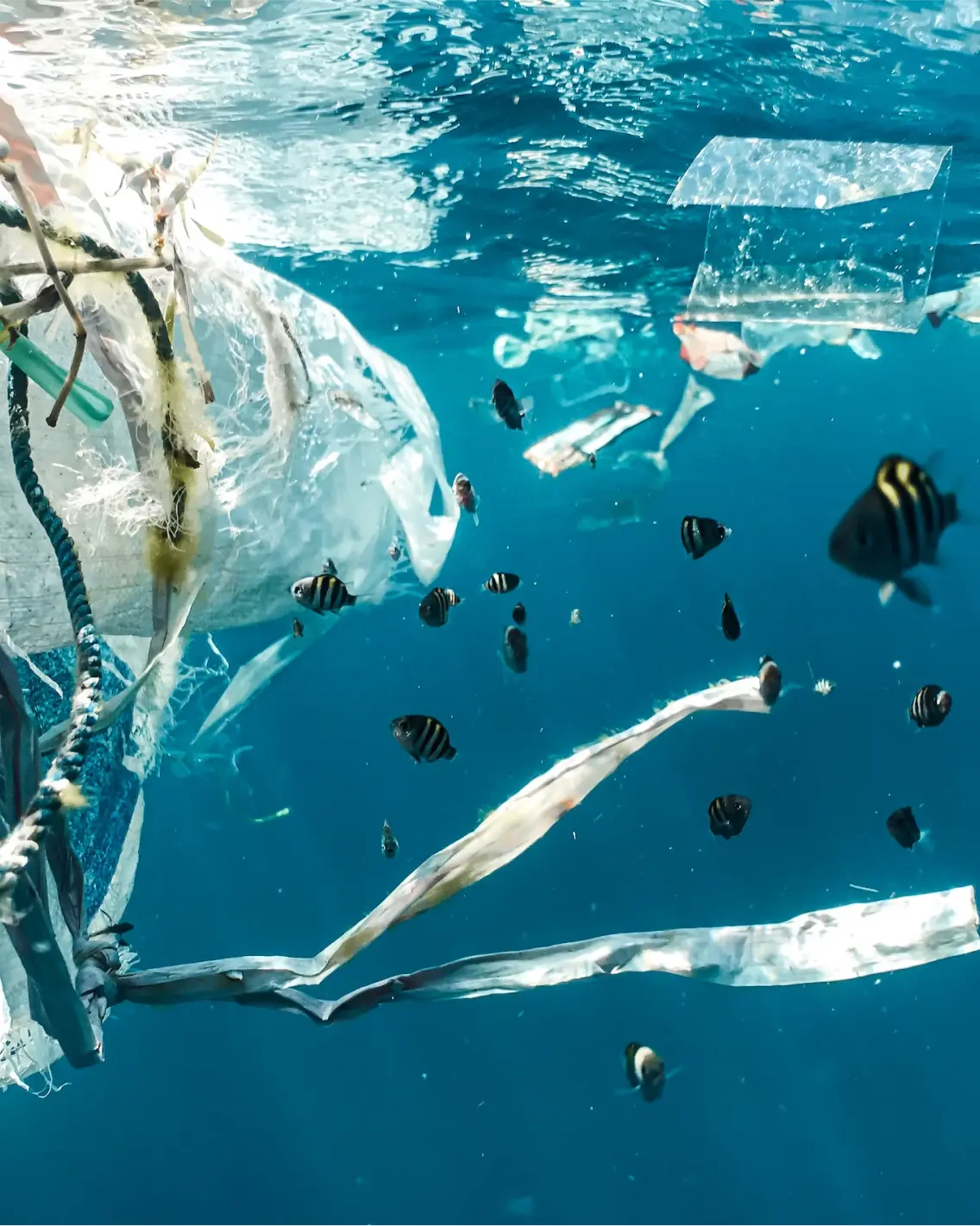
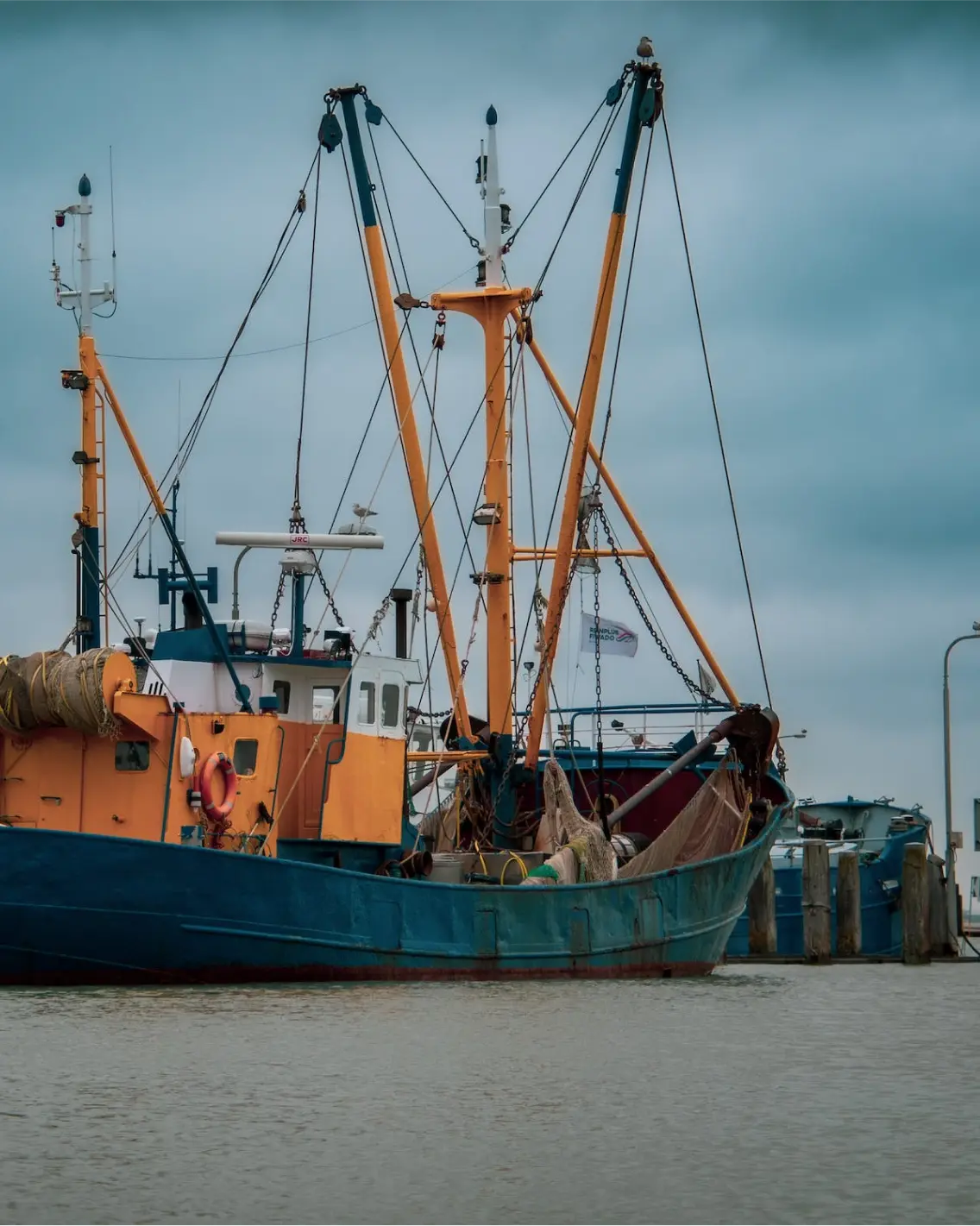
Today, almost 57% of world fishery stocks are fully exploited and 35% over-exploited, therefore threatened. The problem is that fishing is difficult to control. 60% of fish consumed in Europe are imported from countries outside the European Union. The sector is therefore confronted with a dilemma: the more we sin today the more we weaken the yields of tomorrow; The urgency is all the greater since world fishing records new records each year.
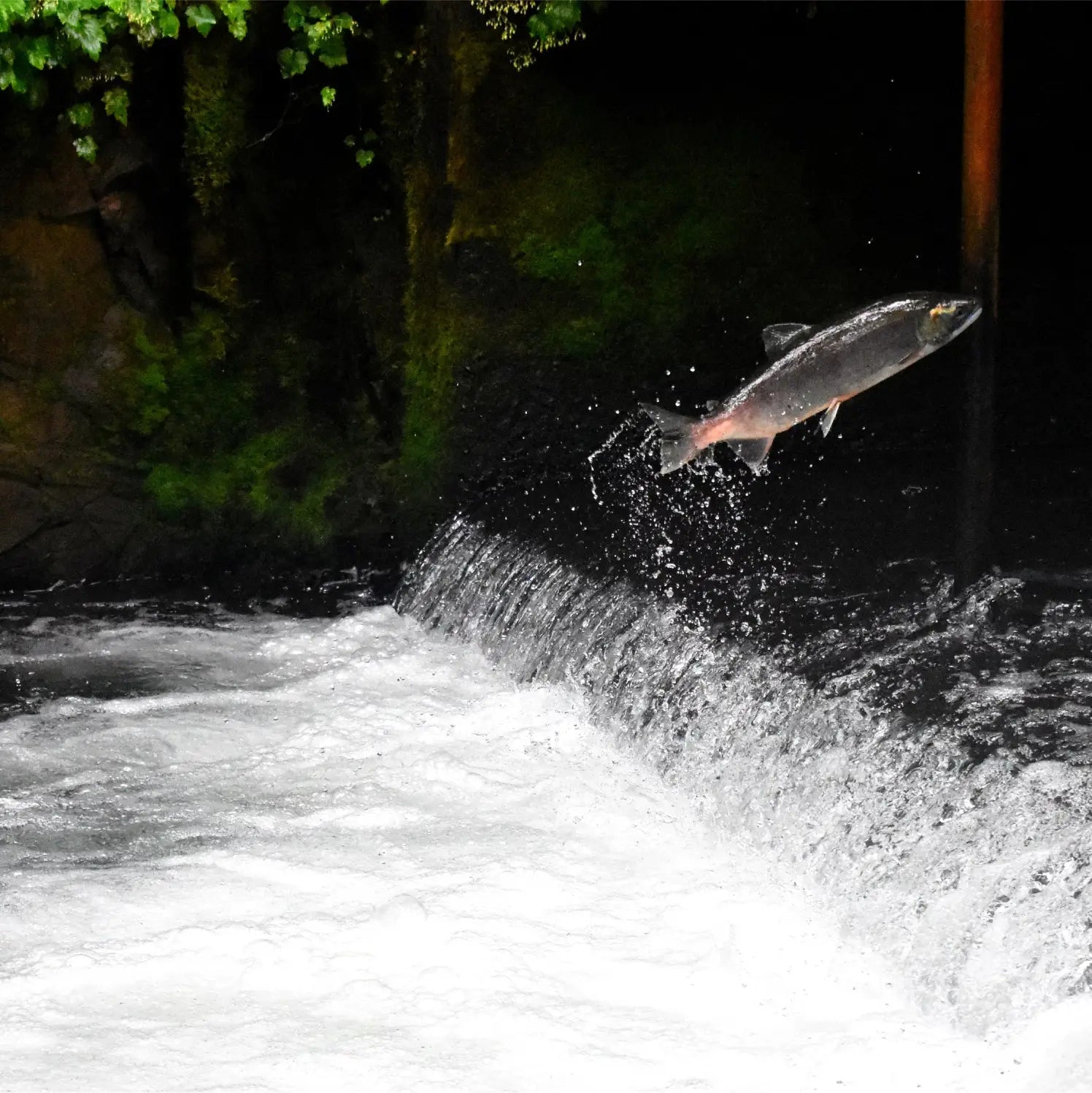
And the salmon king in all this, let's talk about it!
It is one of the most courageous and resistant migratory fish. They can travel several thousand kilometers to return a few years later in the river bed, in the exact location they were born! These are anadromic fish that are born in fresh water and then migrate to the sea. They live there until adulthood. Then, when they arrive at sexual maturity, the salmon return to their birthplace to reproduce. The most widespread hypothesis is that olfaction would serve as a guide. In fact, each river has its smell, that the salmon would keep in memory. At the time of the comeback, he would recognize it with incredible precision!
It is the most consumed fresh fish in France and its global consumption has tripled since the 80s.
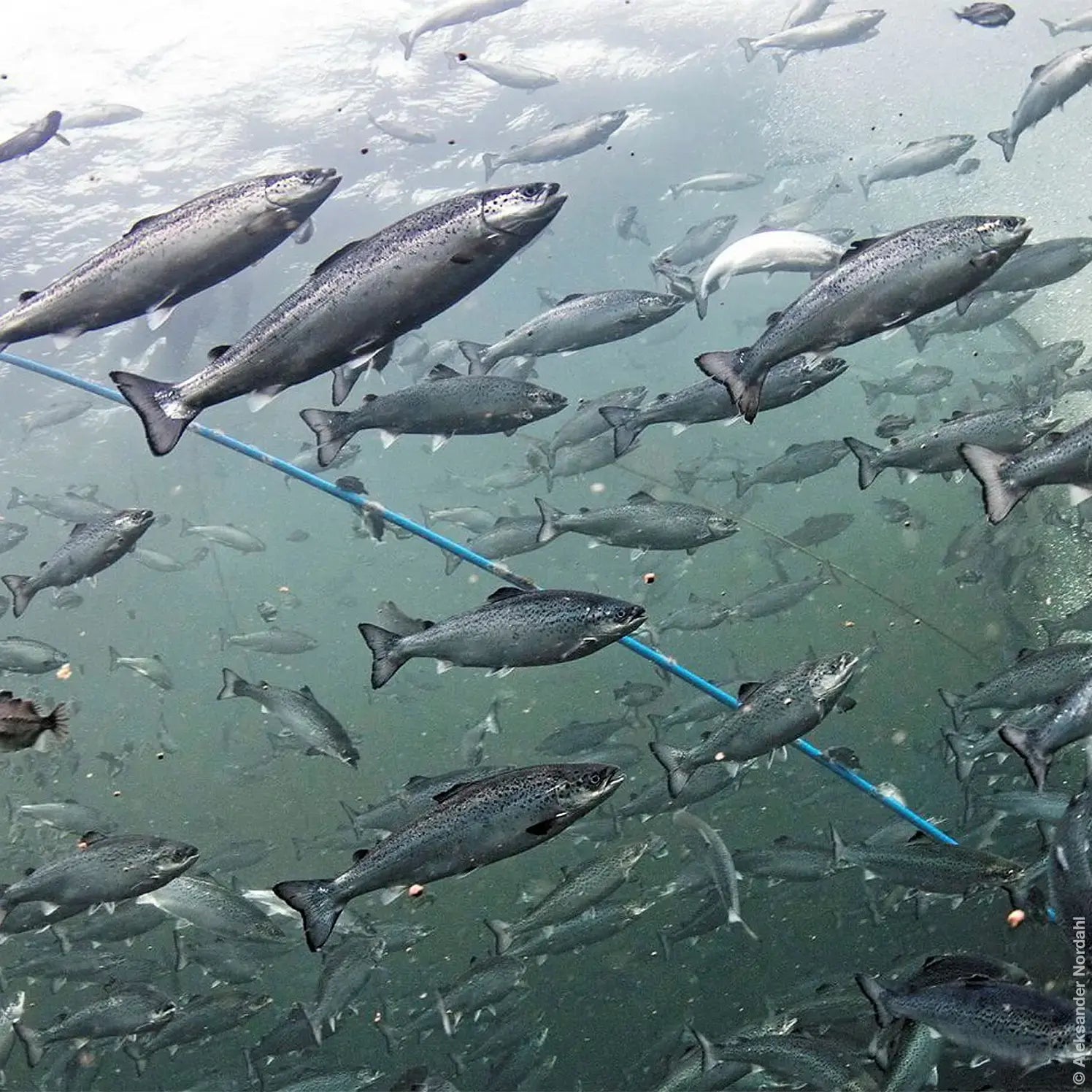
However, he is strongly threatened. In 20 years, the population of wild Atlantic salmon was divided by two according to estimates, in particular because of human activities: overfishing, climate change, loss of habitats and propagation of diseases from aquaculture farms of farming salmon. At the end of the food chain, it absorbs and accumulates in its tissues the pollutants and toxic compounds present in the oceans.
Intensive farming (aquaculture) has developed strongly as a solution to the increase in demand. In France this represents more than 95% of the salmon consumed! However, breeding does not solve overfishing and pollution problems, quite the contrary! To make 1 kilo of breeding salmon it takes 4 kilos of small wild fish. Today it is therefore no less than 30% of the world's fishery stock which is used to feed farming fish, thus looting the oceans and removing resources to local populations.
In addition, the living conditions confined to these farms can lead to an increased concentration of pollutants such as PCB, dioxins or heavy metals that accumulate in the flesh of the fish. The use of antibiotics (to prevent diseases) and growth hormones is also commonplace and can seriously affect neighboring wild populations.





